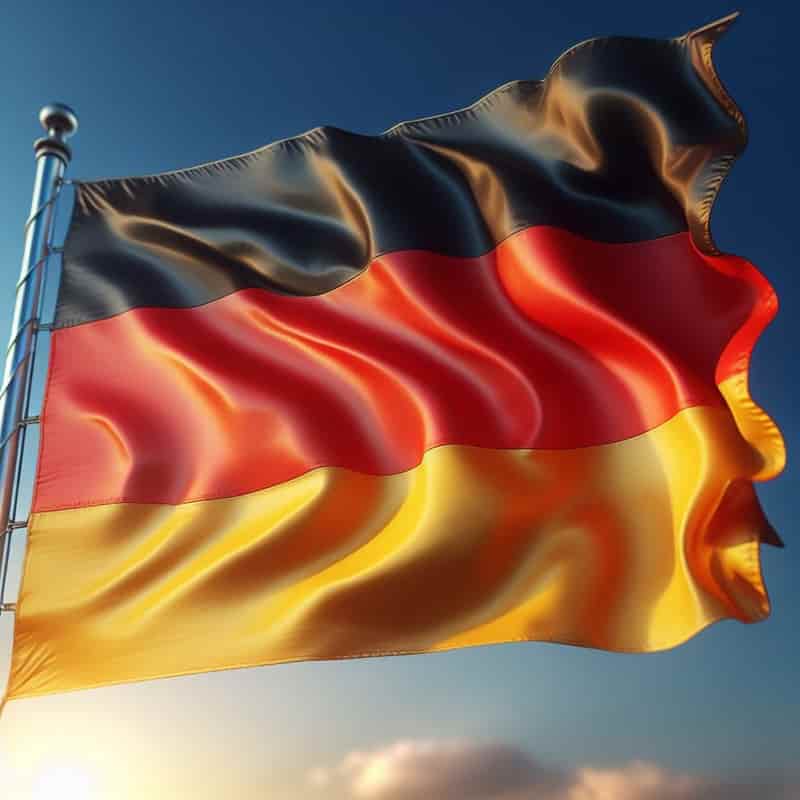Zero-emission – Toyota, the world’s largest automaker, is considering ending production of pure internal combustion engine vehicles in the U.S., signaling a major shift in strategy 09-10-2024

Hyundai and Kia have introduced a groundbreaking hydrogen engine in Korea, marking a major leap toward zero-emission vehicles
Developed by Hong-gil Bae from Hyundai-Kia’s Carbonless Engine Research Laboratory and Young Choi of the Korea Institute of Machinery and Materials (KIMM), the engine could partially replace fossil fuels with an affordable alternative.
The innovative hydrogen engine addresses durability and feasibility issues, maintaining high thermal efficiency through hydrogen combustion at 30 bar pressure. A turbocharger boosts performance, and “direct injection” reduces pollutant emissions, solving challenges faced by many automakers. Zero-emission
This engine promises a 99% reduction in carbon dioxide emissions and a 90% decrease in fine particulate matter, positioning it as a truly zero-emission solution. Tests will be conducted to assess its lifespan, and the technology’s potential applications in vehicles, commercial systems, and power generation will be explored.
Hyundai and Kia’s hydrogen engine is set to revolutionize the automotive landscape, offering a clean, sustainable alternative to conventional fuels. Zero-emission

German automakers cut 2024 estimates
With orders in freefall in the first eight months, sales of rubber-plastic machines and plants could fall this year by double digits.
On the back of an inflection of orders of -16% in the first eight months of the year, the association of German manufacturers of machinery and plant for processing of plastics and rubber has decided to revise downwards the estimates on sales in 2024, assuming a down between -10% and -15% compared to last year. Zero-emission
Once portfolio fees have been evaded, the collapse in orders now directly reflects on sales, which show a contraction of -7% between January and August. Moreover, the association explains, the lowest point has not yet been reached as far as incoming orders are concerned.
“We have to wait a little longer before the resumption,” explains laconic Ulrich Reifenhäuser (pictured), President of the association that operates within the VDMA. “Weak demand is affecting all markets equally, but in particular the domestic European market – he adds -. Key markets such as China and the US are also weakening significantly, but we see glimmers of hope, albeit to a lesser extent , in Mexico and India”.
Orders could, however, improve towards the end of the year with the reduction in interest rates, a measure that would favor investment in capital goods. Even in this segment, however, due to the time needed to produce the cars, the positive effects on sales would only be seen in mid-2025. Zero-emission
“For next year, we expect a decline in sales between zero and -5 percent – notes the director of the association Thorsten Kühmann -. Next autumn the downward trend should weaken and companies in the car sector could look at confidence in a successful K 2025”.

Toyota, the world’s largest automaker, is considering ending production of pure internal combustion engine vehicles in the U.S., signaling a major shift in strategy
Chief scientist Gill Pratt revealed this in an interview with Bloomberg, noting that the company is reacting to increasing global regulatory pressure and rising demand for electrified vehicles. Zero-emission
Although Toyota has long focused on hybrids, its cautious approach to fully electric vehicles (EVs) has drawn criticism. However, the company has been a leader in hybrid technology and offers the widest range of electrified models among automakers. Toyota is now rethinking its strategy for the U.S. market, indicating the end of combustion engines is near.
Pratt emphasized the importance of realism in transitioning to EVs, acknowledging the challenges consumers face, such as affordability and political factors. He championed Toyota’s “multi-pathway” approach, which includes hybrids, hydrogen, and pure electric vehicles, offering flexibility based on customer needs. Zero-emission
While hybrids still produce emissions, they represent a step toward eliminating combustion engines, making the transition easier for consumers. This move signifies a major shift in the auto industry as Toyota, responding to environmental concerns and regulations, accelerates towards a sustainable future where hybrids, EVs, and hydrogen vehicles dominate its U.S. lineup.

Nel ASA and its EPC partner Saipem have unveiled the IVHY™ 100, a scalable and modular 100 MW green hydrogen production solution using Nel’s technology
Designed to support the decarbonization of hard-to-abate industries, the IVHY™ 100 system leverages Nel’s alkaline electrolysers, known for their durability, robustness, and energy efficiency, making it ideal for businesses looking to optimize hydrogen production at lower costs. Zero-emission
The IVHY™ 100 is engineered for large-scale renewable hydrogen generation, offering flexibility in installation and commissioning. Nel provides its alkaline and PEM electrolyser technologies, along with technical support, while Saipem is responsible for the design, procurement, and construction of the hydrogen facilities.
According to Guido d’Aloisio, Chief Commercial Officer of Saipem, the IVHY™ 100 is a key advancement in renewable hydrogen, meeting growing demand for reducing carbon emissions in energy-intensive sectors.
The solution also facilitates the production of hydrogen derivatives, such as ammonia, methanol, and sustainable fuels. Zero-emission
Håkon Volldal, President and CEO of Nel, expressed pride in partnering with Saipem, a leading EPC company involved in the energy transition. He emphasized how the IVHY™ 100 simplifies large-scale renewable hydrogen production.

Zero-emission


